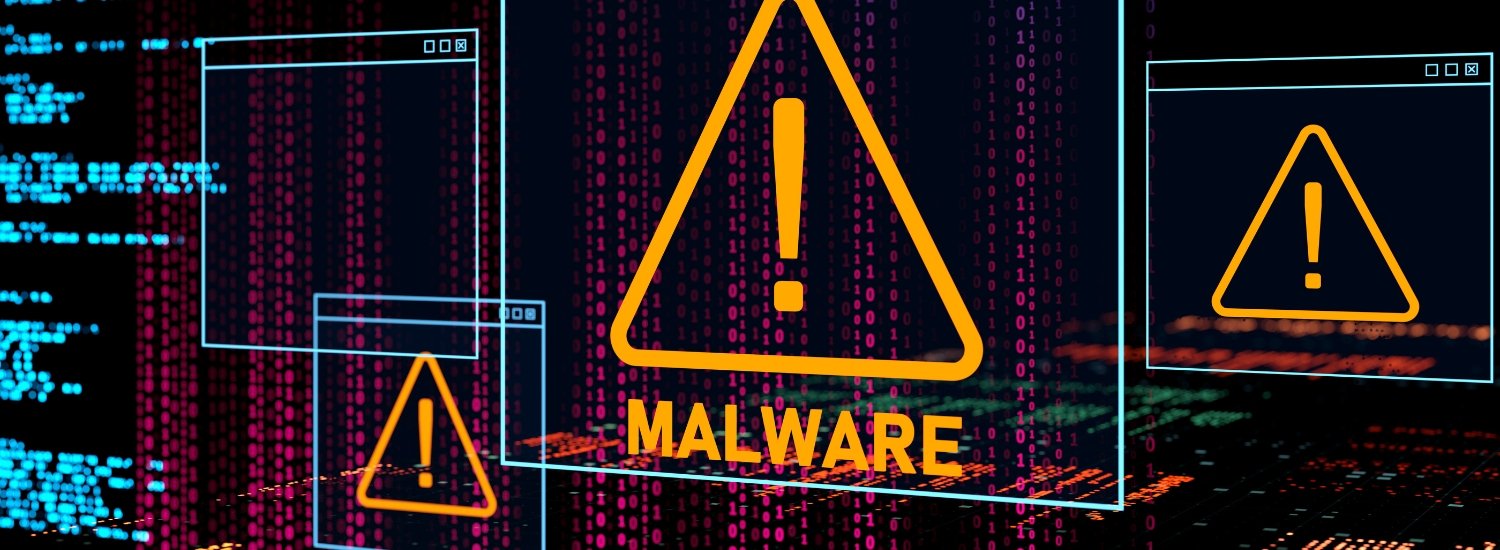A stable internet connection is no longer a luxury—it’s the lifeblood of our digital lives. From streaming your favorite shows in HD to attending virtual meetings, submitting online assignments, managing cloud-based projects, or running an entire business from your living room, uninterrupted internet access is essential. In today’s connected world, even a momentary drop in connectivity can throw off your workflow, disrupt communications, and lead to unnecessary stress.
Yet, network and internet issues can sneak up on anyone. One moment, everything is running smoothly; the next, your screen freezes mid-call or your browser refuses to load. These problems can range from occasional slow speeds and lag to complete disconnections—and they often strike at the worst possible time. Whether it’s an outdated router, weak Wi-Fi signal, misconfigured firewall settings, or tangled network cables causing the trouble, diagnosing the root cause can be frustrating and time-consuming.
In this blog, we’ll take a closer look at the most common internet and network issues that plague home and small business users alike. You’ll learn what might be causing your connectivity problems, how to identify signs of deeper network troubles, and when it’s time to call in a professional for expert troubleshooting and long-term solutions.
Table of Contents
- Struggling with Slow or Dropped Internet Connections?
- Wi-Fi Not Working? Here’s What Might Be Wrong
- The Importance of Proper Network Setup and Optimization
- Firewall and Router Configuration Done Right
- When to Call a Network Technician
- Final Thoughts
1. Struggling with Slow or Dropped Internet Connections?
Nothing interrupts your productivity like a slow or constantly dropping internet connection. This issue can stem from various causes—overloaded bandwidth, outdated modem firmware, or interference from nearby devices. Sometimes, the problem lies with your internet service provider (ISP), but more often than not, your in-home setup may be to blame. If you’re experiencing frequent buffering during video calls or streaming, or web pages take ages to load, it’s time to take action. A technician can test your internet speed, reset your modem and router, and suggest upgrades that match your usage demands to keep things running smoothly.
2. Wi-Fi Not Working? Here’s What Might Be Wrong
When your Wi-Fi stops working altogether, it can bring your entire digital life to a halt. Common causes include incorrect login credentials, outdated wireless drivers, or interference from other electronics. Wi-Fi issues can also result from weak signal strength in certain areas of your home, especially if the router is poorly positioned. Restarting the router or updating firmware might help temporarily, but if the problem keeps coming back, there could be deeper configuration problems. A professional can run diagnostics, optimize router placement, and install range extenders or mesh networks to ensure solid connectivity throughout your space.
3. The Importance of Proper Network Setup and Optimization
A well-structured network is essential for both speed and security. Poorly set-up networks can lead to sluggish performance, frequent disconnections, and even unauthorized access. Whether you’re setting up a home network or a small business infrastructure, proper configuration is key. This includes selecting the right router, securing your Wi-Fi with strong passwords, assigning IP addresses correctly, and organizing your devices efficiently. A network specialist can help design and implement a system tailored to your needs, ensuring faster data flow, better device management, and long-term reliability.
4. Firewall and Router Configuration Done Right
- Router and firewall settings act as your first line of defense against cyber threats.
- Misconfigured settings can either block legitimate traffic or create security vulnerabilities.
- A firewall that’s too strict may prevent some apps and services from working properly.
- A firewall that’s too loose can leave your network exposed to attacks.
- Routers with default settings are common targets for hackers.
- Professional configuration is essential to keep your network safe and functional.
- Experts can:
- Set appropriate access controls
- Enable necessary firmware updates
- Ensure secure and efficient communication between devices
5. When to Call a Network Technician
- Simple internet issues can sometimes be fixed by rebooting your devices.
- Recurring or complex problems typically need expert intervention.
- Call a professional if you:
- Frequently experience slow internet speeds
- Struggle with Wi-Fi dead zones in your home
- Are unsure about safely configuring your firewall and router
- A network technician can:
- Analyze your current network setup
- Identify the root causes of connectivity problems
- Provide long-term solutions to improve network performance and security
6. Final Thoughts
Unreliable internet and network problems can be more than just an inconvenience—they can interrupt your work, affect your online safety, and waste valuable time. Whether it’s dropped connections, poor Wi-Fi coverage, or misconfigured hardware, the right support can make all the difference. With expert assistance, you can enjoy a faster, safer, and more reliable connection that keeps up with your digital demands.
In the event of any inquiry, BD IT Solutions & Services, serving Dhaka, Chattogram, Khulna, Sylhet, Rajshahi etc. can be ultimate contact for 24/7 dedicated and dependable services.





0 Comments